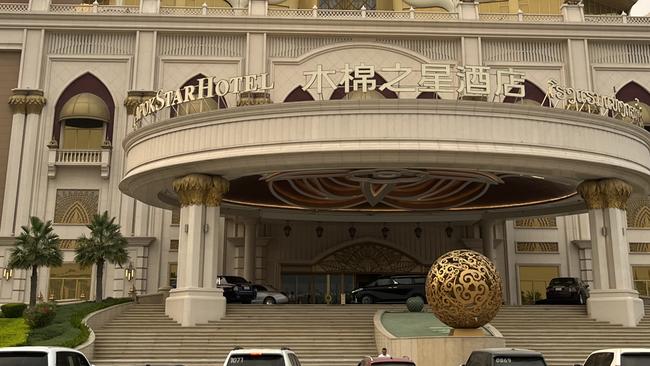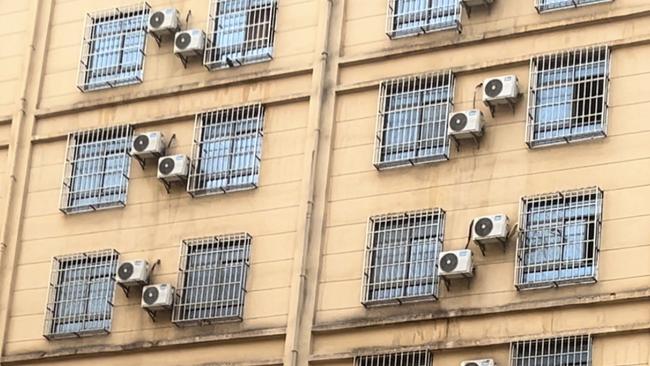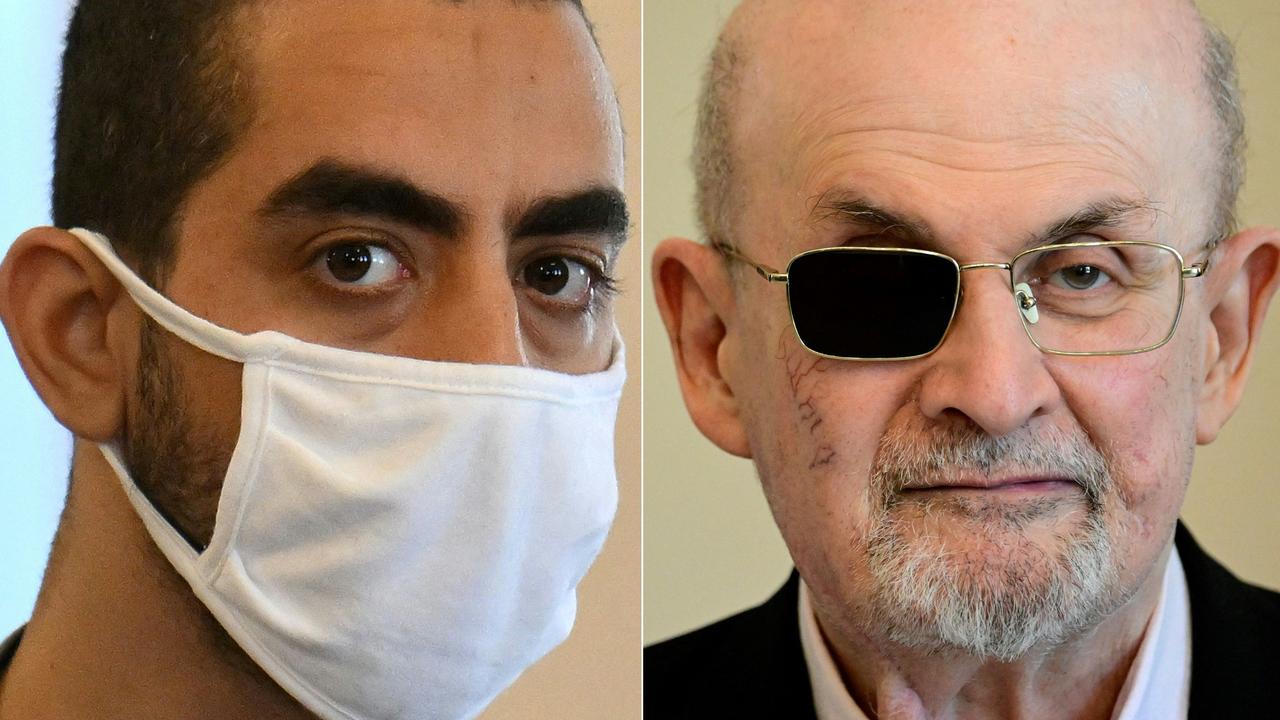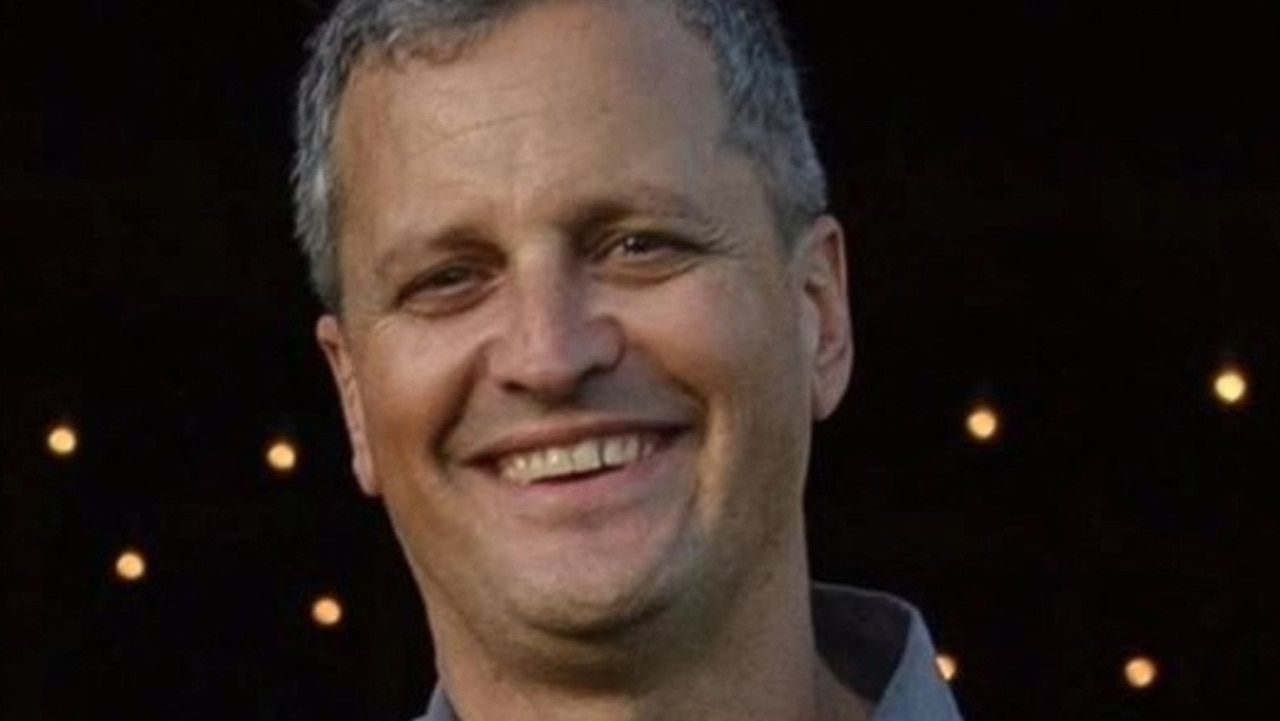Laos orders cyberscam crackdown on Golden Triangle crime park
The edict is believed to have come at the behest of Beijing which has raised concerns across Southeast Asia over the targeting of Chinese citizens by online scam operators.

Lao authorities have given one of Southeast Asia’s most notorious crime parks, the Golden Triangle Special Economic Zone, until the end of the week to clear out hundreds of online scam factories or have them shut down by police.
The ultimatum was delivered during a recent meeting between the governor of northern Laos’s Bokeo province, where the SEZ is located, senior government officials and Zhao Wei, the Chinese casino billionaire whose infamous gambling hub (also known as Kings Romans) has long-been a haven for online fraud, human trafficking, money laundering, drugs and prostitution.
Authorities have demanded all scam centres be “completely shut down by August 25”, according to state media reports and a Public Security Ministry official who told Radio Free Asia the centres would be given the chance to “remove all of their belongings by the deadline”.
“After that, we’ll set up a special force to enforce the order.”
The edict is believed to have come at the behest of Beijing, which exerts enormous influence over the impoverished Southeast Asian state and has raised concerns across the region over the targeting of Chinese citizens by online scam operators.
At least nine raids had been jointly carried out by Lao and Chinese authorities in the past fortnight, and 1389 scammers deported, including 1211 Chinese nationals, 145 Vietnamese, 16 Malaysians, 13 Ethiopians and four Burmese, the Lao official said.
However, he added: “Those that were arrested and deported were not big fish; they were small fish that were hired by Chinese to work as scammers.”
An investigation into the region’s cyber scam scourge by The Australian in May confirmed Zhao’s Golden Triangle SEZ is a hotspot for online scam factories that not only target unwitting victims worldwide – including Australia – but also dupe, traffic and enslave thousands of young workers forced to commit cyber fraud.
Last year Australians lost more than $2.74bn to cyber scams, including fraudulent online trading schemes and “pig-butchering” scams in which victims are duped into online romances and then fleeced.
A recent Australian court judgment found half of all cryptocurrency-related ads on Facebook, highlighted in an Australian Competition & Consumer Commission case, were scams or violated Meta’s policies.
The Australian spoke to former scam workers during a visit to the shadowy enclave earlier this year, and saw heavily guarded compounds housing thousands of online scam factories, some with barred windows and razor wire on the perimeter.

Thousands of similar centres operate across Myanmar, Cambodia and The Philippines. Most of them run by violent ethnic Chinese criminals who continue to target Chinese citizens despite growing pressure from Beijing.
The International Justice Mission, which helps rescued victims of cyber slavery deal with the legal repercussions of their dilemma, said the Laos’ government ultimatum – if implemented – would be a “crucial step in combating human trafficking, forced labour, financial scams and abuses”.
“If enforced, this decisive action against scam centres would serve as a positive example for other hotspot countries in Southeast Asia facing similar challenges,” said Andrey Sawchenko, regional vice-president of the IJM’s Asia-Pacific Forced Slavery Hub.
But Crisis Group’s Richard Horsey said “it was hard not to be sceptical”, given previous Laos crackdowns had had little effect.
Zhao – a former Macau casino operator with close links to the Chinese Communist Party – has made a show of complying with past Beijing edicts on scam centres.
But Laos authorities say the number of online scam centres operating within the extravagant SEZ actually rose from 305 last year to around 400 in the first half of 2024.
The IJM also urged Lao authorities to implement a robust victim identification process to protect enslaved workers.



